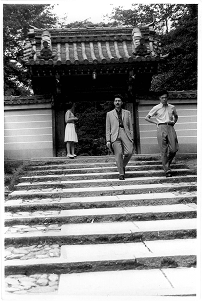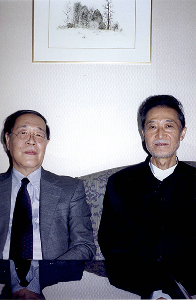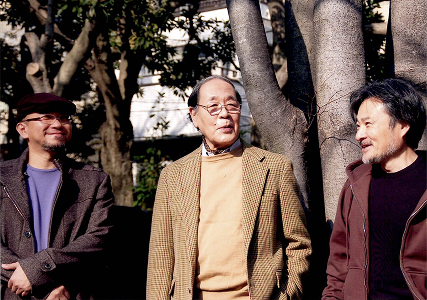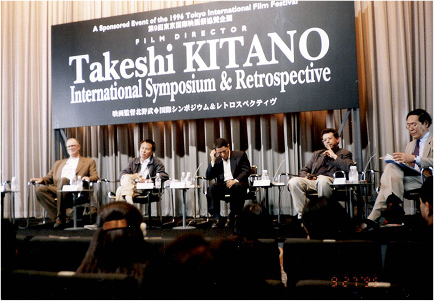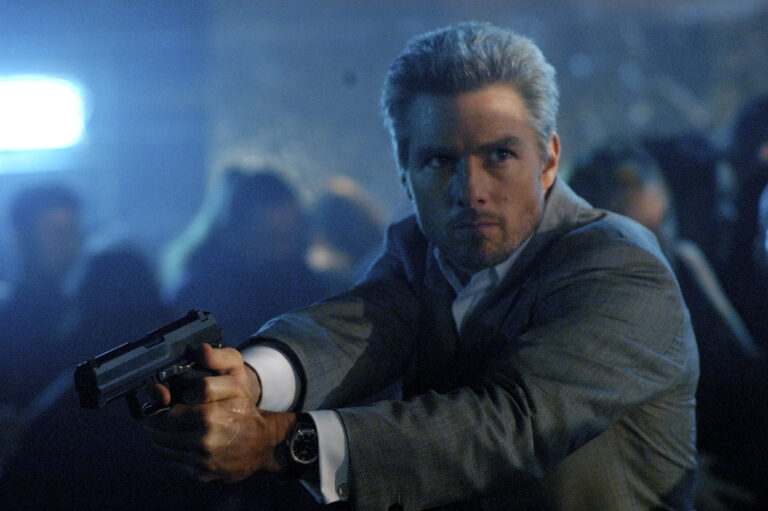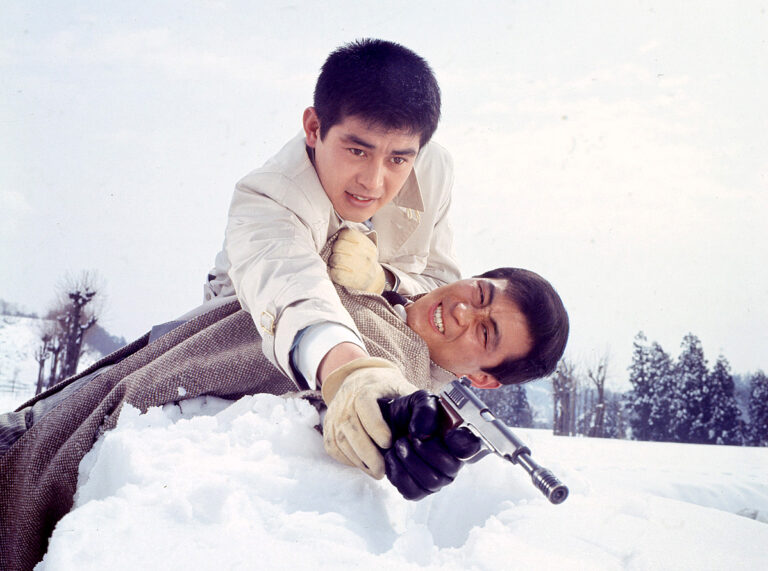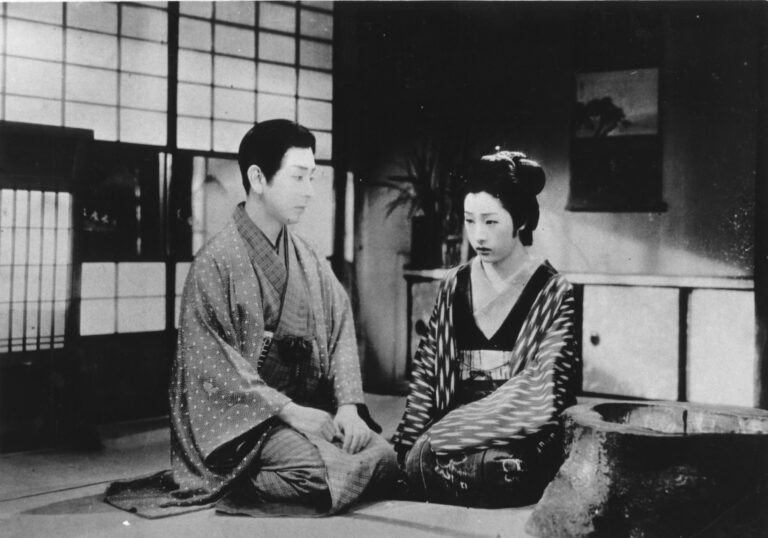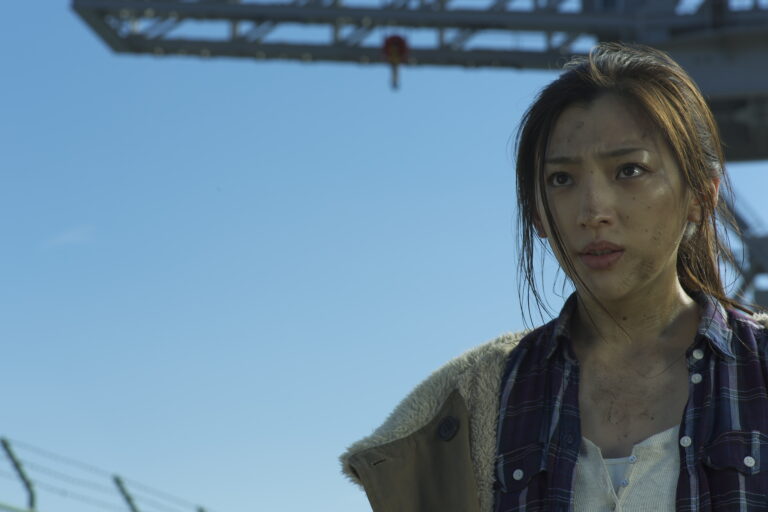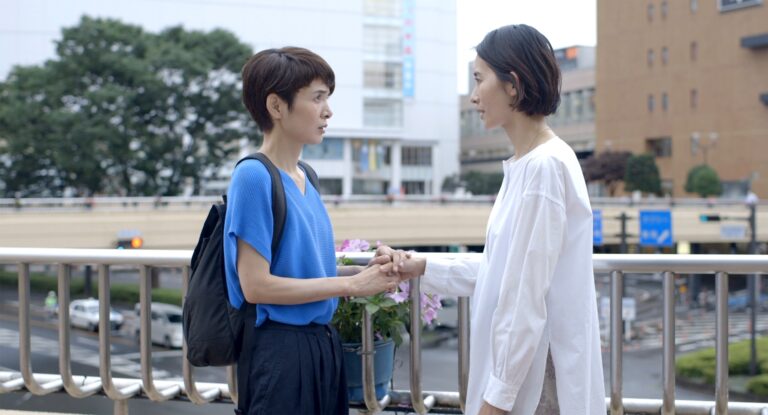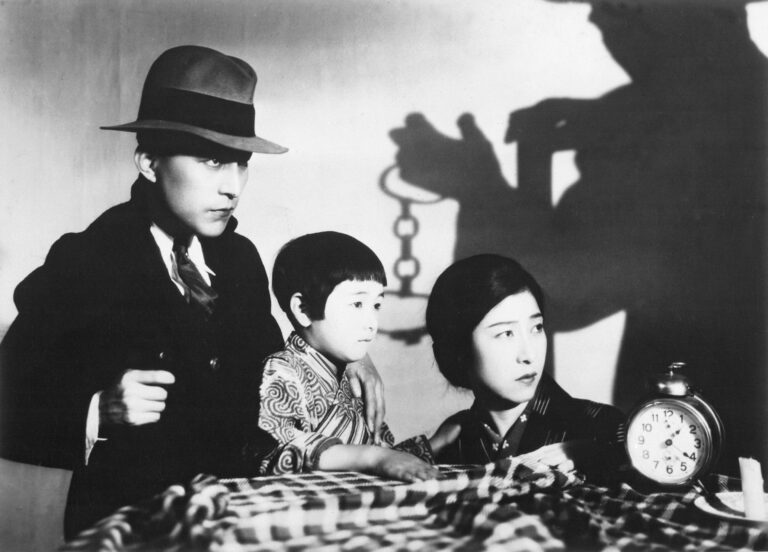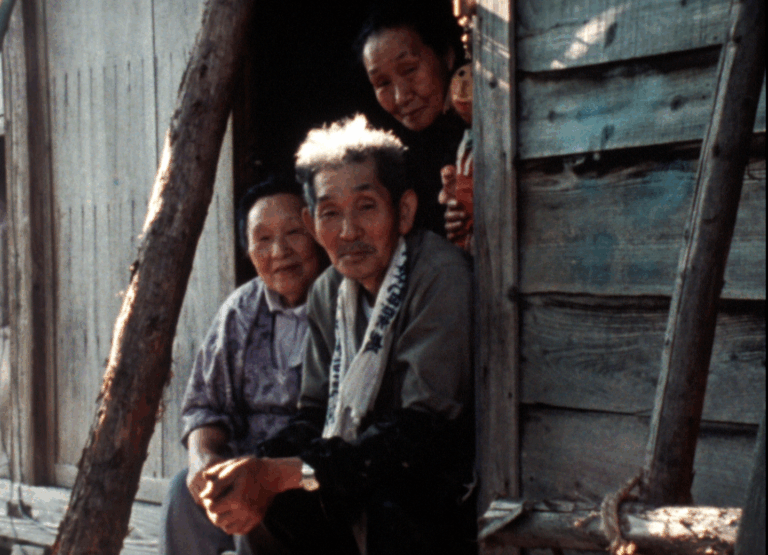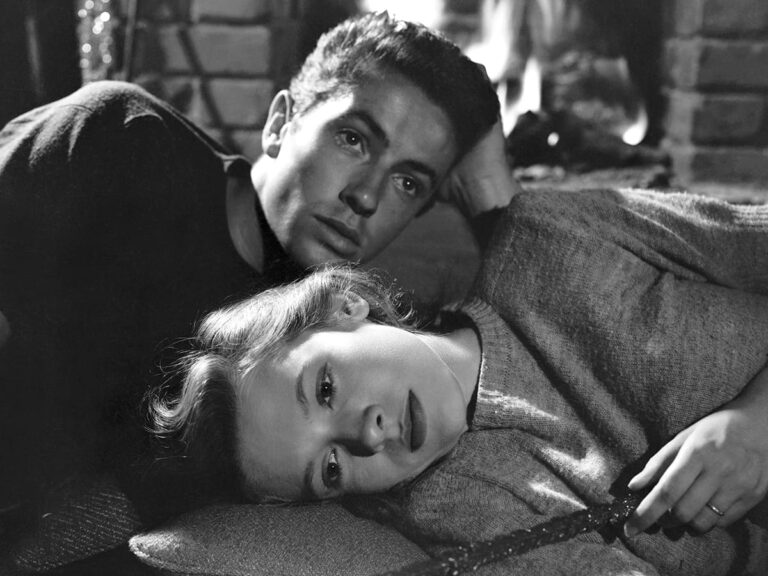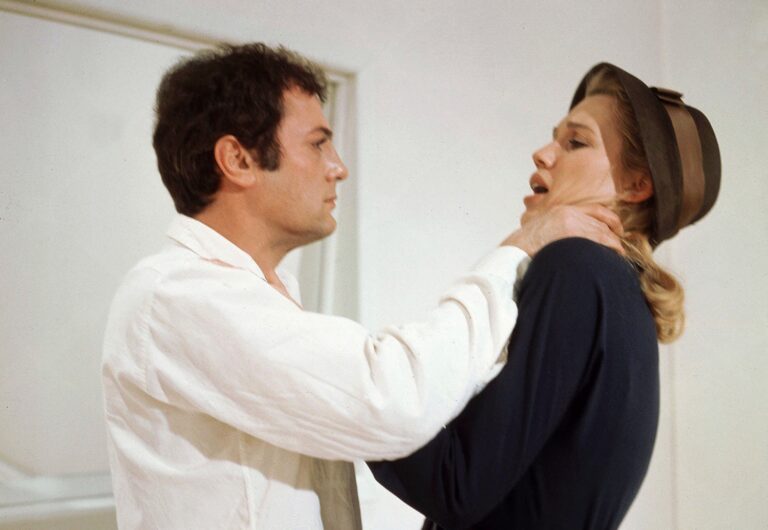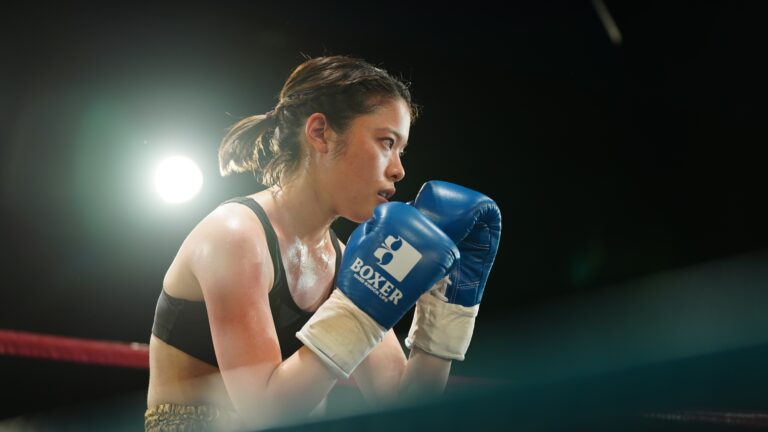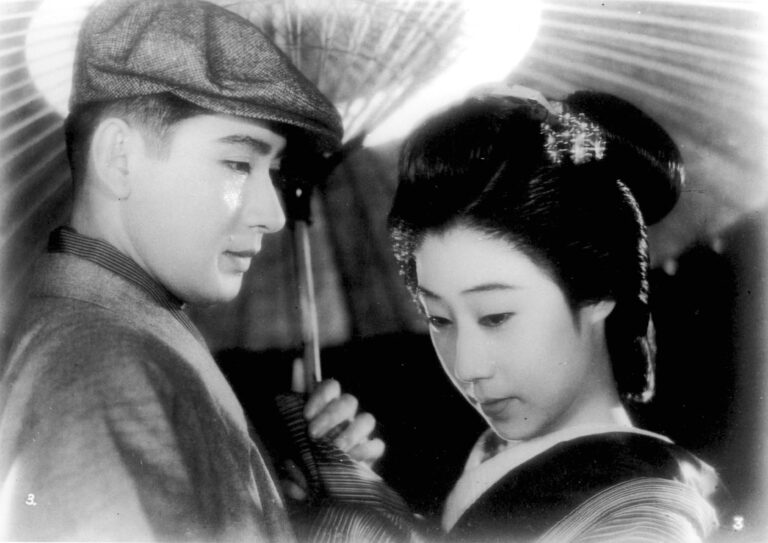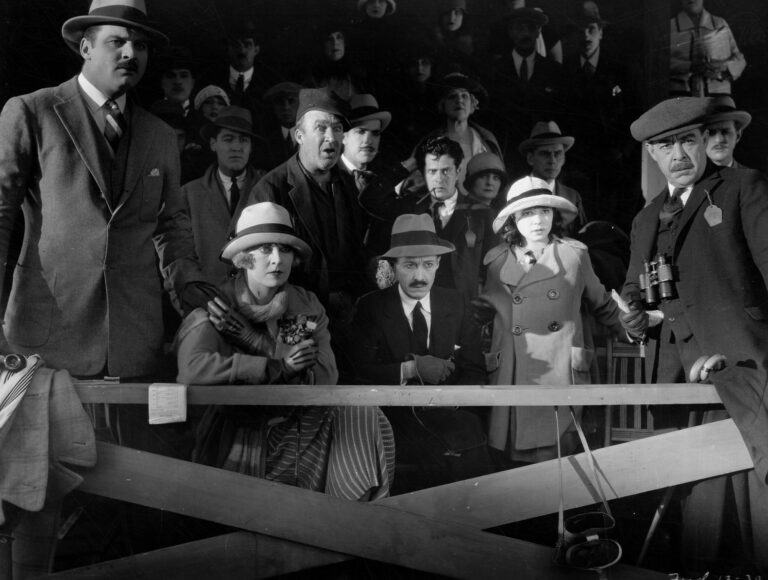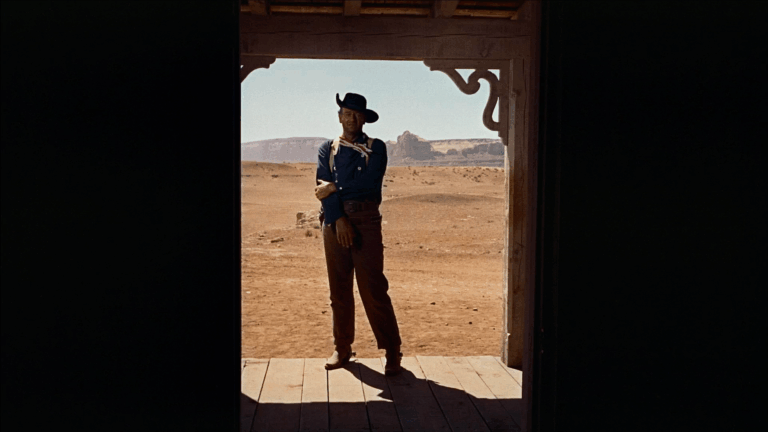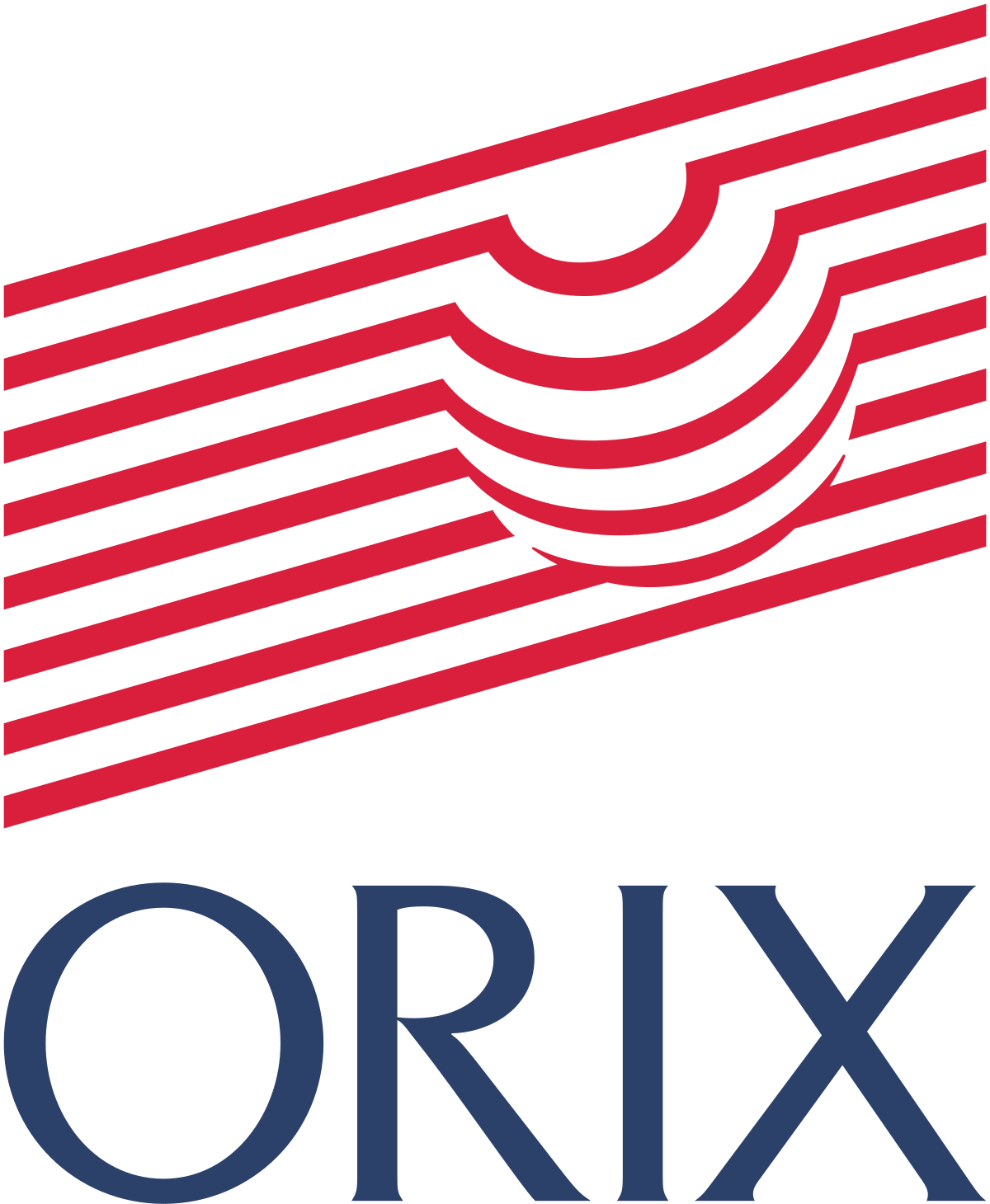Shiguéhiko Hasumi: Another History of the Movie in America and Japan

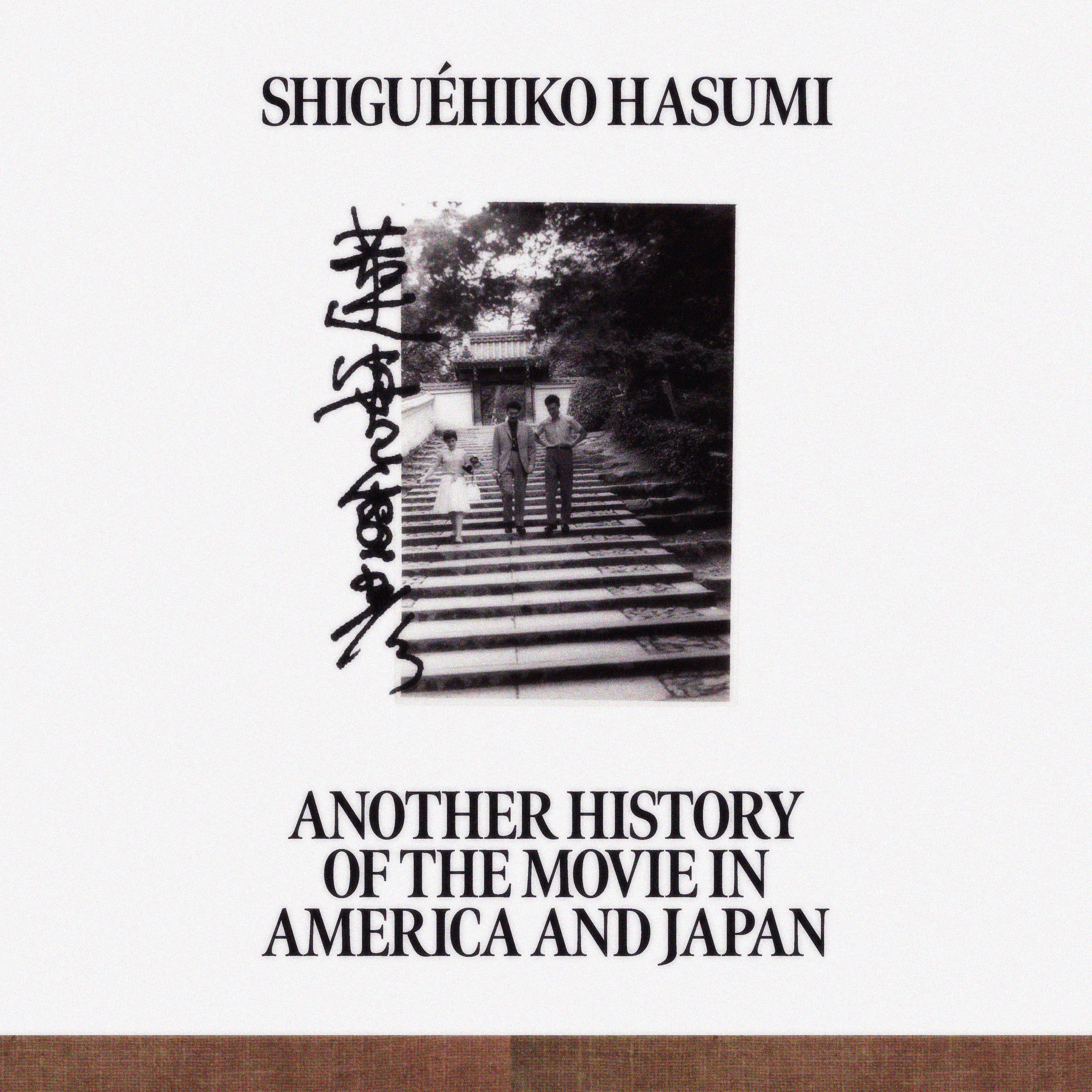
Shiguéhiko Hasumi: Another History of the Movie in America and Japan
「蓮實重彦:アメリカ映画と日本映画のもう一つの歴史」
October 9—18, 2025
Since the 1960s, the revered critic and theorist Shiguéhiko Hasumi has yielded an extraordinary body of work extending far beyond his initial beginnings as a scholar of French literature. Once instrumental in introducing Foucault and Deleuze to Japan, Hasumi has lent his interdisciplinary approach to a wide breadth of cultural and literary criticism, from Soseki to Madame Bovary, revolutionizing the field of film studies during the 1970s with his writings and fabled lectures at Rikkyo, and later, the University of Tokyo. Counted among his former students are master filmmaker Kiyoshi Kurosawa along with other celebrated cineastes of the Rikkyo New Wave, or Second Japanese New Wave, including Shinji Aoyama, Masayuki Suo and Akihiko Shiota; Hasumi’s direct influence spreads further, having maintained rapports with Pedro Costa, Hou Hsien-Hsiao and Jean-Luc Godard as well as the contemporary face of Japanese cinema with auteurs Ryusuke Hamaguchi and Sho Miyake (who will attend the program’s second weekend). The perceived canon of Japanese cinema has long been dominated, not surprisingly, by the voices of Western critics: Bordwell, Schrader, Richie, with little focus made in the sphere of Japanese scholarship, often compounded by the hurdles of language. Hasumi, whose writings constitute a dominant force in Japan, has only just received the first English-language translation of one of his long-form works last year: the landmark 1983 publication Directed by Yasujiro Ozu—considered one of the greatest works ever written on film and noted as having “single-handedly resurrected the status of Ozu”. Distinguished by his unique critical perspective, stylistic prose, and proposition of thematic systems (a focus on gestures such as John Ford’s use of throwing or Ozu’s focus on eating or laughing), the introduction of Hasumi’s texts to English-speaking audiences is not merely welcomed, but inarguably crucial and vital. On occasion, Japan Society has invited influential public figures to present curated programs, these include critic and essayist Susan Sontag, Donald Richie, Hiroshi Sugimoto and avant-garde composer John Zorn among others. Offered a carte blanche, Hasumi has proposed Another History of the Movie in America and Japan, which suggests the line drawn between the two world cinemas is much less realized than one could imagine.

Admission Information
Tickets: $16/$14 students and seniors /$12 Japan Society members.
Screenings with Talent: $18/$16 students and seniors/$14 Japan Society members.
Hasumi on Ford Event: free
Prices are inclusive of fees, where applicable. All in-person screenings will take place in Japan Society’s auditorium, located at 333 E. 47th Street in New York, NY.

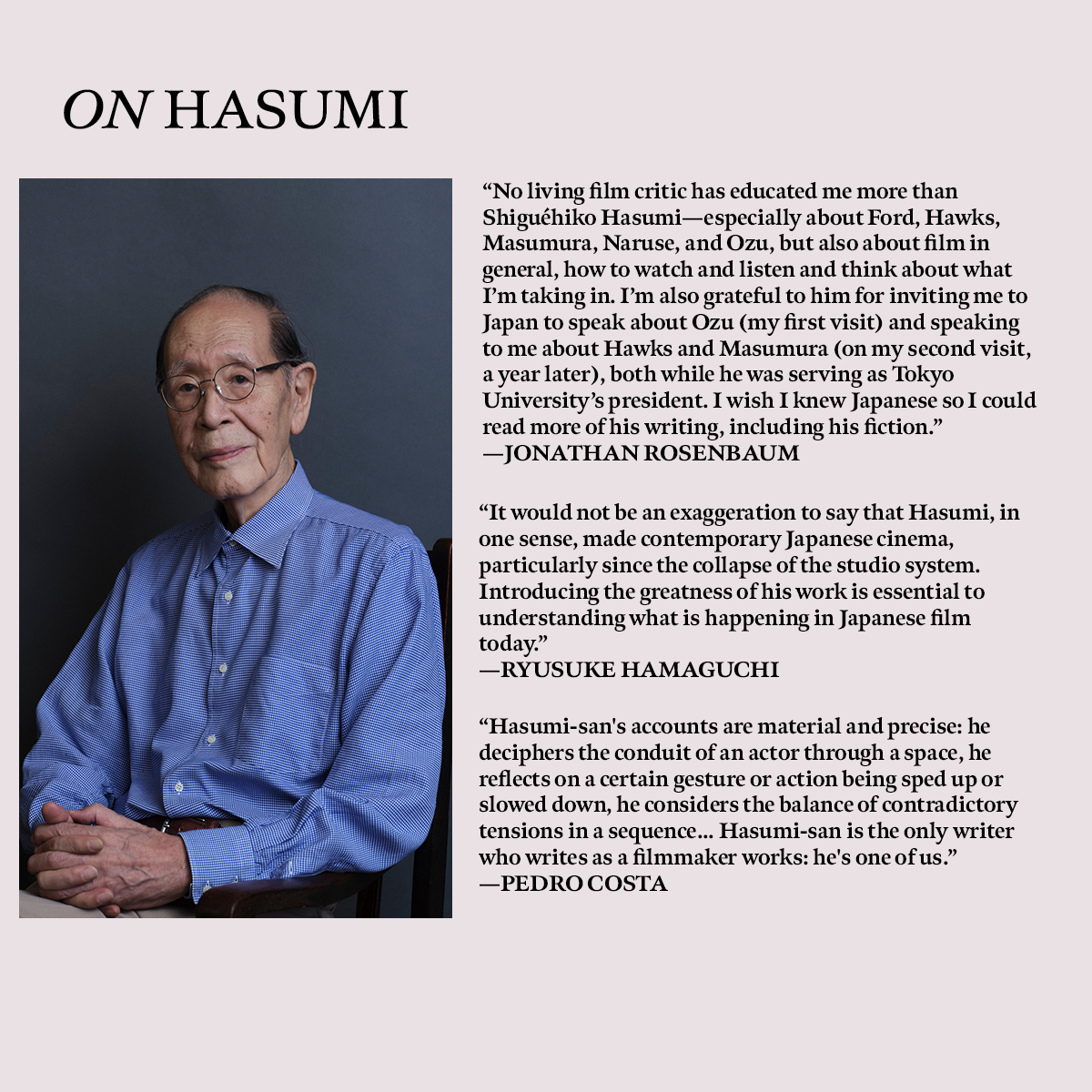
Gallery
Full Lineup
Collateral
2004. 120 min. Directed by Michael Mann.
35mm Presentation. Michael Mann’s masterclass of genre filmmaking shapes up to be a piercing tête-à-tête between a contract killer and a cab driver forced to taxi him across Los Angeles to a series of hits before the night is through.
Thursday, October 9 at 7:00 PM
Tokyo Drifter
1966. 82 min. Directed by Seijun Suzuki.
This quintessential Seijun Suzuki film spotlights a drifting gunman who is called back to Tokyo to help fight a rival yakuza faction. A highlight of 1960s avant-pop Japanese cinema replete with over-the-top set design, enka ballads and gunfights, Tokyo Drifter displays the full breadth of Suzuki’s unique visual style and surreal sensibilities.
Thursday, October 9 at 9:15 PM
The Story of the Last Chrysanthemum
1939. 113 min. Directed by Kenji Mizoguchi.
35mm Presentation. The heir apparent of a renowned kabuki dynasty abandons post to overcome his insipid lack of talent, renouncing his birthright to master his craft in Mizoguchi’s beautifully tragic Meiji-era romance.
Friday, October 10 at 6:30 PM
Beautiful New Bay Area Project / Le Petit Chaperon rouge
2013 / 2008. Approx. 65 min. Directed by Kiyoshi Kurosawa / Directed by Shinji Aoyama.
Introduction by William Carroll. A pairing of two rarely-screened short-length works by Hasumi’s former students Kiyoshi Kurosawa and the late Shinji Aoyama: the surprising unrequited romance turned action film Beautiful New Bay Area Project and Aoyama’s French-language debut—a mystifying, post-revolutionary short lightly tapping from the Charles Perrault fairy tale of the same name.
Friday, October 10 at 9:30 PM
Wheel of Fortune and Fantasy
2021. 121 min. Directed by Ryusuke Hamaguchi.
Pre-recorded Introduction by Ryusuke Hamaguchi. Partly inspired by Eric Rohmer’s process of producing short-length works, Ryusuke Hamaguchi’s playful triptych of coincidence, chance and imagination entreats one to observe the miraculous fortuities of life through its playfully excursive meanderings.
Saturday, October 11 at 3:00 PM
That Night’s Wife
1930. 66 min. Directed by Yasujiro Ozu.
35mm Presentation; Live piano accompaniment by Makia Matsumura. With the simple premise of an honest yet desperate father committing armed robbery in order to treat his ailing daughter, it comes as no surprise that Ozu’s penumbral silent, set over the course of a single night, is Hasumi’s favorite for its “very Hollywoodian” properties.
Saturday, October 11 at 6:00 PM
Living on the River Agano
1992. 115 min. Directed by Makoto Sato.
Imported 16mm Print. Makoto Sato’s legendary documentary depicts the lives, traditions and livelihoods of an aging community who live along the lush riverbanks of the Agano River. Avoiding an outright focus on the Niigata Minamata disease itself, Sato’s profound debut captures the everyday lives of its subjects—their trades, customs and humanity—in the lyrical backdrop of the natural world.
Saturday, October 11 at 8:15 PM
They Live By Night
1948. 96 min. Directed by Nicholas Ray.
35mm Presentation. In the dusty backroads of the Deep South, Nicholas Ray’s impassioned American myth unfolds a tale of innocence as star-crossed lovers head for the open road, away from the long arm of the law. Ray’s lyrical roadside picture is an evocation of freedom, eclipsed only by its forlorn tragedy.
Thursday, October 16 at 7:00 PM
The Boston Strangler
1969. 116 min. Directed by Richard Fleischer.
Richard Fleischer’s 1968 procedural fictionalizes the sensationalist proceedings of the early 60s Boston Strangler murders, employing elaborately-framed, multi-panel compositions and disorienting pans and zooms to anticipate the imminence of violence. Kiyoshi Kurosawa would knowingly adopt a similar narrative structure for his eerie ’90s policier Cure.
Thursday, October 16th at 9:00 PM
Small, Slow But Steady
2022. 99 min. Directed by Sho Miyake.
Q&A with Sho Miyake. A decidedly subtle expression of athletic perseverance and drive, Sho Miyake’s COVID-era boxing drama instills hearing-impaired boxer Keiko’s entry into the world of professional boxing with a measured yet subdued stoicism.
Friday, October 17 at 6:30 PM
Tsuruhachi and Tsurujiro
1938. 88 min. Directed by Mikio Naruse.
Imported 35mm Print; Introduction by Sho Miyake. Naruse’s wartime backstage drama set during the Meiji era concerns Isuzo Yamada and Kazuo Hasegawa’s shinnai duo, caught in a tempestuous offstage rapport of bickering and reconciliations. Praised by Hasumi, particularly for Naruse’s skill at portraying the seemingly prosaic: men and women walking side by side.
Friday, October 17 at 9:30 PM
Kentucky Pride
1925. 86 min. Directed by John Ford.
Live piano accompaniment by Makia Matsumura. John Ford once proclaimed, “A running horse remains the finest subject for a motion picture camera” which accounts for this lovely, yet overlooked equine silent, mainly situated from the perspective of a race horse and her succession of owners. On the film’s cinematic depiction of horses, Hasumi wrote, “For a brief illusory moment, the real history of cinema is eclipsed.”
Saturday, October 18 at 3:30 PM
…All the Marbles (California Dolls)
1981. 113 min. Directed by Robert Aldrich.
Imported 35mm Print. Robert Aldrich’s final picture is an unexpectedly sincere road picture set in the arena of women’s sports as Peter Falk’s second-rate manager and his wrestling tag-team gamble their futures for a depressed American Dream. Declared “the most noble sports film since Raoul Walsh’s Gentleman Jim” by Hasumi.
Saturday, October 18th at 5:30 PM
On Hasumi and Ford – Talk & Screening
Approx. 100 min.
Free Talk with Sho Miyake; Followed by a Pre-Recorded Lecture & Screening. Equally known for his work on John Ford as Ozu, this rare talk event features a discussion on Hasumi with acolyte Sho Miyake, 2025 winner of Locarno’s prestigious Pardo d’oro, followed by a brief recorded lecture and rare screening of Hasumi and Miyake’s John Ford montage film John Ford and Throwing—Complete Edition.
Saturday, October 18 at 8:00 PM
Photo of Shiguéhiko Hasumi © Sayuki Inoue
Organized by Alexander Fee
Special Thanks to Elliot Lardenois and Clément Bigot (L’Agence du court métrage); Hannah Prouse (British Film Institute); William Carroll; Brian Fox (Criterion Pictures); Yuma Terada and Ryosuke Saegusa (CTB Inc.); Erin Farrell (Film Movement); Masamichi Matsumoto (The Film School of Tokyo); Mako Fukata; Ryusuke Hamaguchi; Emily Wong and Winnie Cheung (Hong Kong International Film Festival); Akinaru Rokkaku and Shun Inoue (Japan Foundation, New York); Brian Belovarac (Janus Films); Takeshi Hata (Kasama Film); Haruka Komori; Kiyoshi Kurosawa; Sho Miyake; Katie Trainor (MoMA); Chris Chouinard (Park Circus); Graham Carter (Several Futures); Meghan Edwards (Swank); Shion Komatsu (Toho Co., Ltd.).
Shiguéhiko Hasumi is represented by CTB Inc.
Film programs are generously supported by Anime NYC, ORIX Corporation USA, and Yen Press. Endowment support is provided by the Lila Wallace-Reader’s Digest Endowment Fund and The John and Miyoko Davey Endowment Fund. Additional season support is provided by Jono Abrams and Elizabeth Linn, Ayumi Arafune, Darin Arita and Kanako Arita, Mike Audet, Mr. and Mrs. Jeffrey Catanzaro, The Globus Family, George P. Hirose, Akiko Koide and Shohei Koide, David Toberisky, Joseph Rajaratnam and Dharshini Iolanthe Sivakumaran, Japan Society Film Council, and other Film supporters.
Transportation assistance is provided by Japan Airlines, the official Japanese airline sponsor of Japan Society Film Program. Housing assistance is provided by the Prince Kitano New York, the official hotel sponsor of Japan Society Film Program.

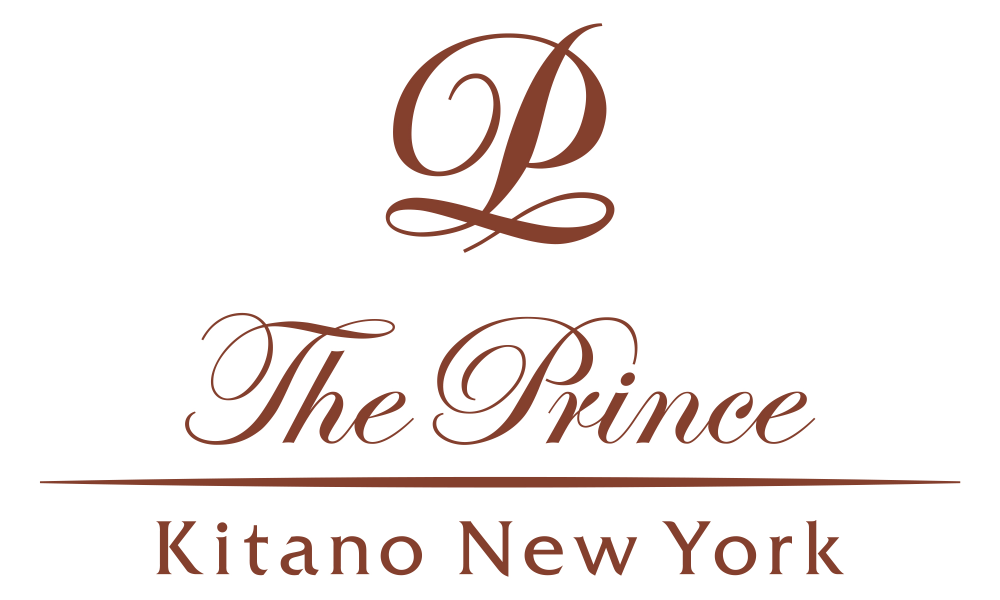
Japan Society arts and culture programs are supported by the New York State Council on the Arts with the support of the Office of the Governor and the New York State Legislature, and in part, by public funds from the New York City Department of Cultural Affairs in partnership with the City Council.


Japan Society’s 120th anniversary initiatives and related programs are generously supported by Champion Sponsor, MUFG Bank, Ltd.; Advocate Sponsor, Mizuho Americas; and Friend Sponsor, Mitsubishi Corporation (Americas).

